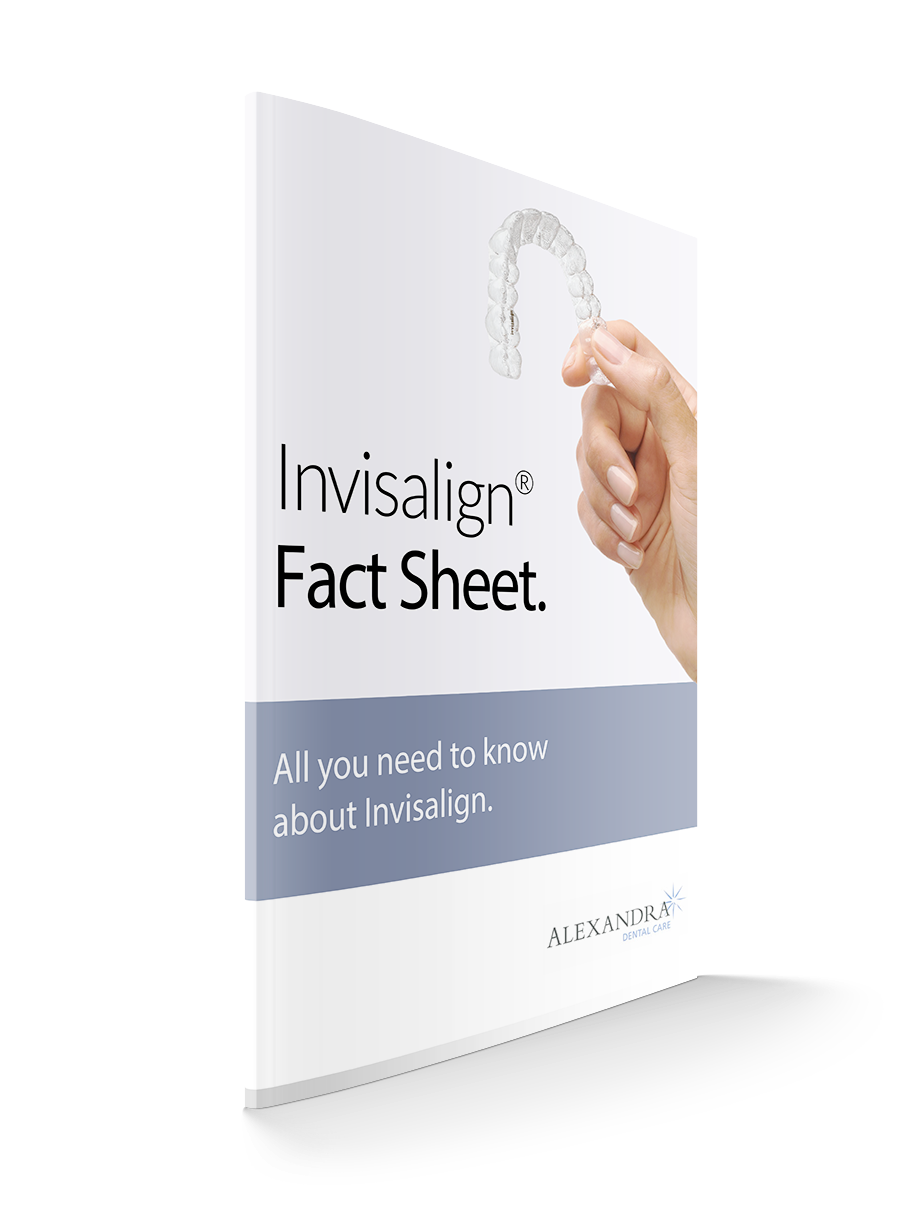Do Unhealthy Gums Prevent Dental Implant Placement?
Advice for our Ashby and Burton patients who are considering this procedure
Having unhealthy gums is something of a ‘catch 22’ problem. Poor gum health means that there is an increased risk of tooth loss, whilst at the same time, it may also present problems when it comes to replacing them. Even a non-invasive tooth replacement option, such as dentures, could prove difficult as they might cause discomfort if unhealthy gums are sore and inflamed.
Today though, we are going to take a look at dental implants, or more precisely how and why having unhealthy gums can mean problems for those looking to have teeth implants placed.
The ‘root’ of the problem
The main innovation of dental implants, compared to other tooth replacement options, is that they provide a substitute ‘root’ part of the tooth as well as the crown. It is this that makes them so strong and secure in the mouth once fully integrated with the underlying jawbone. For patients, this means that they will not move around as dentures sometimes do, and there is no limit on what you are able to eat.
For an implant placement to be successful, both in the short and long term, it is essential that the artificial root has sufficient healthy bone for it to be placed into. Insufficient or unhealthy bone could well mean that the implant will not be as secure as it should be and may even fail altogether. For this reason, the implant team at Alexandra Dental Care will take care to make sure that your gums are healthy before the procedure starts.
Periodontitis
The most common threat to our teeth and dental implants is periodontitis. This is a form of gum disease that has usually been allowed to progress beyond soft tissue problems and has now affected both the root of the tooth, where it is still present. Even more importantly for dental implant placement, it may also have affected the bone tissue too. This can mean that the quality and quantity of bone tissue are insufficient to successfully place an implant into.
Peri-implantitis
Some of you may have come across this less well known term. Peri-implantitis is similar to periodontitis but also affects the soft tissues that surround the dental implant after it has been placed. As the tissue surrounding a dental implant has fewer blood vessels than that which surrounds a natural tooth, it is less resistant to infection and can therefore progress more quickly than periodontitis.
Gum health pre and post implant placement
Before any of our patients have a tooth implant placed, we will carry out a thorough assessment of the health of your gums. Where any gum disease is present, this will need to be treated first. In the case of early stage gum disease, known as gingivitis, this can be relatively straightforward, using a scale and polish procedure and recommending ways to maintain healthy gums going forwards. More advanced cases of gum disease may require more invasive intervention, possibly including ‘ root planing’ or deep clean.
Where periodontal disease has been present for a while, it is possible that too much damage has already been done to the bone structure that the implant is to be placed into. There are still options though and a bone graft could be carried out to increase the amount and density of bone available. Alternatively, patients might prefer to opt for an alternative such as dentures or a bridge.
Once a dental implant has been placed into healthy bone, it is important to look after it. There can be a tendency on the part of some patients to think that as a dental implant can’t decay, as it is made from artificial materials, there is no need to pay undue attention when cleaning your teeth. To neglect an implant is to invite problems like peri-implantitis which may result in its failure. You should clean your implant as you would any other tooth and make sure to floss around it and to keep your hygienist appointments every six months or as recommended. We will, of course, provide comprehensive aftercare advice following an implant placement to help you have a healthy implant for many years to come.
If you live in the Ashby, Swadlincote or Burton area and would like advice on your tooth replacement options, including implants, we are always happy to discuss this with you. To arrange your initial consultation at Alexandra Dental Care, please call us today on 01283 216347.
Google+
Comments are closed.